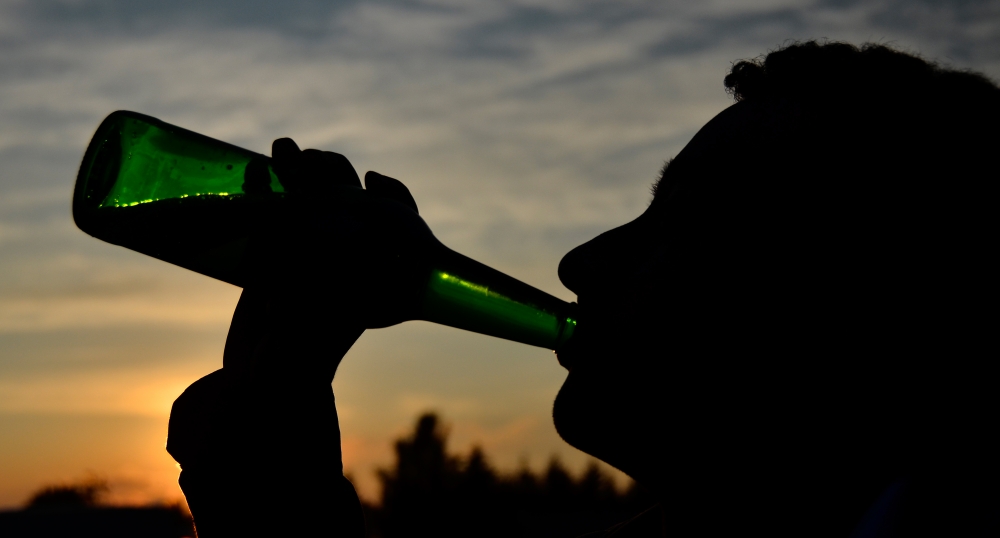Calls for MUP in England as Scottish alcohol sales fall to 25 year low
Balance has called on the Government to introduce Minimum Unit Pricing (MUP) for alcohol in England as new figures out today show the volume of alcohol sold per adult in Scotland has fallen to its lowest level since 1994.
Figures published today (Wednesday 19 June) from NHS Health Scotland shows there has been a 3% fall in alcohol sales per adult in Scotland in 2018 from the previous year. This is in contrast to England, where consumption has increased by 2%. Scotland introduced MUP in May 2018.
The volume of alcohol sold per adult in Scotland, compared to England and Wales, represented the smallest gap between the countries since 2002.
Colin Shevills, Director of Balance, said: “These figures are very encouraging and appear to show minimum unit pricing having a real impact in Scotland. They will be very hard for the UK Government to ignore. MUP also appears to have especially affected off-sales from shops while the trend in on-sales from pubs remains largely unchanged
“It is clear that while drinking rates are still higher in Scotland, the gap has narrowed. While it is not a magic bullet, MUP appears to be an effective and cost-effective way to tackle the cheap, high strength alcohol that causes so much harm to so many families.
“Cheap strong alcohol continues to wreak immense damage on communities in the North East. We see nearly 72,000 people admitted to hospital every year in our region from alcohol with a cost of over £1bn picked up by the NHS, police, other public services and the wider economy. Drinking is also the biggest risk factor for premature death among 15-49 year olds.”
He said: “We are calling on the Government to put a priority on health and follow Scotland to save lives, improve health, cut crime and reduce hospital admissions.”
Alice Wiseman, lead Director of Public Health for Alcohol for the North East and Gateshead DPH, said: “I am really enthused by these findings which demonstrate how the brave position the Scottish Government took on MUP is positively affecting the wellbeing of their communities. This clearly shows what can be done when this issue is taken seriously.
“Sadly, cheap, strong alcohol continues to cause unnecessary damage to families and communities across England and we are particularly vulnerable to this harm in the North East. I hope the English Government will embrace the learning from Scotland and take the necessary steps to also protect our communities from harm through the introduction of an MUP.”
The figures are the first expert analysis of data just over a year since Scotland became the first country in the world to introduce minimum unit pricing of 50p a unit in May 2018
Alcohol and the North East
- Over one in four NE adults (26%) are drinking above the Chief Medical Officer’s low risk guidelines of 14 units a week compared to one in five (20%) across the UK – that’s around 550,000 people in our region exceeding the guidelines.
- Nearly 9/10 North East adults drinking above 14 units a week consider themselves to be either “light or moderate” drinkers – that’s around 467,000 people.
- Nearly one in 10 (8%) NE adults are drinking at over 28 units a week – more than twice the weekly low risk guidelines. That’s over 169,000 people putting themselves at greater danger of over 200 alcohol-linked diseases and injuries.
- Three out of four people drinking more than 28 units a week believe they are a light or moderate drinker – that’s an estimated 123,000 people in the North East.
In 2015/16 alcohol was estimated to have cost the North East around £1.01billion, including:
- £209 million in NHS and healthcare for services such as hospital admissions, A&E attendances, ambulance callouts and treatment for alcohol dependency.
- £331 million in crime and disorder, including 55,300 cases of criminal damage, 154,900 cases of theft and 20,000 cases of violence against the person.
- £353 million lost to local businesses and employers through absenteeism, lost productivity and alcohol related deaths
- £121 million in costs to children and adults’ social services and substance misuse services
